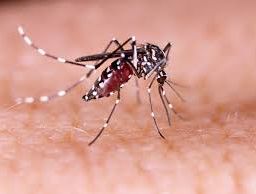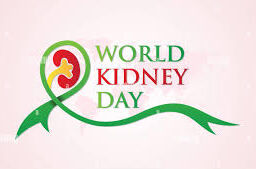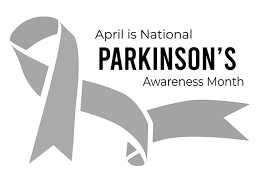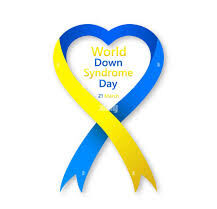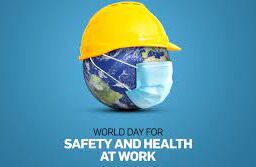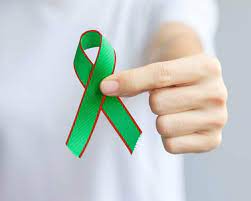
Understanding Bowel Cancer Symptoms: When to Seek Medical Advice
Step into April, dedicated to Bowel Cancer Awareness Month, where knowledge becomes a powerful shield against this widespread threat. Bowel cancer, affecting both men and women, demands attention to symptoms and risk factors. From blood in the stool to changes in bowel habits, understanding the signs is crucial. Age, family history, and lifestyle choices play roles in risk, emphasizing the need for awareness. Explore the importance of prevention through regular screenings, a balanced diet, and an active lifestyle. Let this month be a beacon for wellbeing, fostering understanding, and inspiring proactive healthcare decisions.
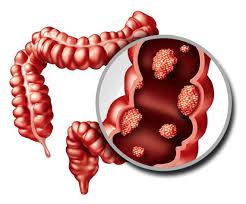
Bowel cancer, also known as colorectal cancer, is one of the most common types of cancer worldwide. It affects both men and women, and the risk of developing it increases with age. In fact, more than 90% of colorectal cancer cases occur in people over the age of 50. However, it’s important to note that younger people can also develop bowel cancer, so it’s crucial to be aware of the symptoms and risk factors.
What are the symptoms of bowel cancer?
The symptoms can vary from person to person, but some common signs include:
– Blood in your stool
– Changes in bowel habits (e.g. constipation or diarrhea)
– Abdominal pain or discomfort
– Unexplained weight loss
– Fatigue
If you experience any of these symptoms, it’s important to see your doctor as soon as possible. While these symptoms can be caused by other conditions, it’s always better to be safe than sorry.
What are the risk factors for colorectal cancer?
There are several risk factors that can increase your chances of developing bowel cancer. Some of these include:
– Age (as mentioned earlier, the risk increases with age)
– Family history of bowel cancer
– Personal history of inflammatory bowel disease (e.g. Crohn’s disease or ulcerative colitis)
– Sedentary lifestyle
– Poor diet (e.g. high in red meat and processed foods)
While you can’t change some of these risk factors (such as age and family history), there are things you can do to reduce your risk. For example, maintaining a healthy lifestyle with regular exercise and a balanced diet can help lower your chances of developing bowel cancer.
How can you prevent colorectal cancer?
There are several steps you can take to help prevent this cancer. These include:
– Getting screened regularly (especially if you’re over the age of 50 or have a family history of bowel cancer)
– Maintaining a healthy weight
– Eating a diet rich in fruits, vegetables, and whole grains
– Limiting your intake of red meat and processed foods
– Exercising regularly
– Avoiding smoking and excessive alcohol consumption
By taking these steps, you can help reduce your risk of developing cancer and improve your overall health and wellbeing.
Bowel cancer is a serious condition that affects millions of people worldwide. However, by being aware of the symptoms and risk factors, and taking steps to prevent it, you can help protect yourself and your loved ones. If you’re over the age of 50 or have a family history of cancer, talk to your doctor about getting screened. And remember, maintaining a healthy lifestyle with regular exercise and a balanced diet is key to reducing your risk of developing bowel cancer.
Disclaimer: The information provided in this content is for general informational purposes only. It is not intended as medical or healthcare advice, diagnosis, or treatment. Always seek the advice of a qualified healthcare professional with any questions you may have regarding a medical condition or healthcare decisions.


